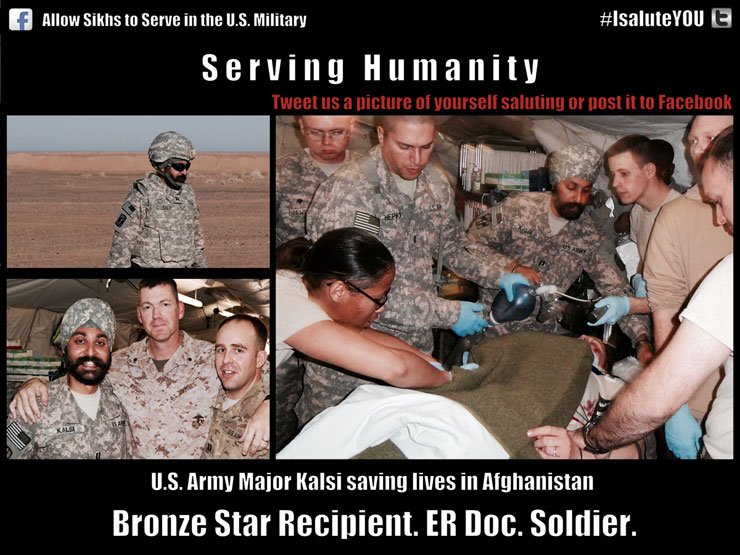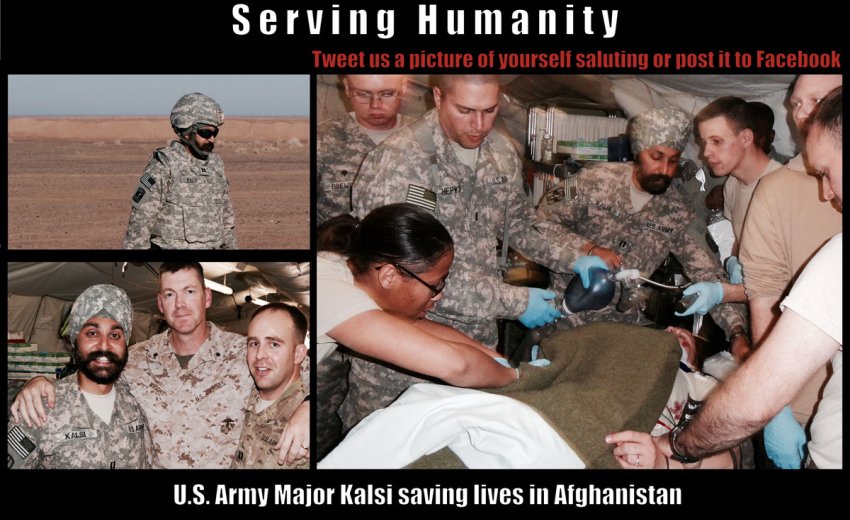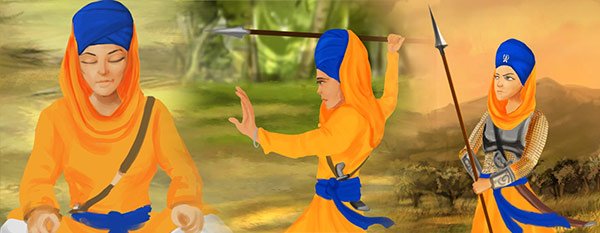
Sati is the practice of throwing a widow upon her husband’s funeral pyre. The first Guru of the Sikhs, Nanak, commented on the barbarism and injustice of this ritual. He advocated for women’s rights and equality in a time when Columbus was still looking for a new path to the Indies. He teaches us that from women “kings are born” and that without women “there would be no one at all.”
Sikhs militarized over the centuries after nearly being exterminated by the Mogul empire. The Moguls saw Sikhs as a threat to their kingdom. Sikhs view the Moguls’ tyranny and religious intolerance as acts against humanity. Mai Bhago’s story unfolds upon this stage.
She was brought up during the time of Guru Gobind Singh ji, the tenth Master of the Sikhs. Her father instructed her in the art of war and trained her with all the necessary skills a soldier would require in battle. He wanted her to be able to defend herself should the need ever arise. Her husband was a warrior in Guru Gobind Singh ji’s armies, and had returned home after a long period of battle. He and many others deserted the army after signing a declaration that Guru Gobind Singh ji was no longer their Guru.
Mai Bhago was infuriated by his desertion. She threw her fragile bangles at him and told him that she would ride to defend her Guru. He felt very ashamed, and rode along with her. As she went, she rallied other men that had deserted the Guru’s army, and by the time she made contact with the Moguls she was leading forty men.
The Mogul emperor had declared that only his subjects could ride horses, bear arms, and wear turbans. Historically, turbans were worn by only by military leaders and the ruling class. But during this time, when prices were placed on Sikh heads by the Mogul court, Guru Gobind Singh ji declared that his Sikhs would not only ride horses, but they would most certainly also bear arms and wear turbans. The challenge was obvious, “Hunt us if you want, but we will not hide.” You can spot a Sikh amidst thousands. This was our Guru’s intention.
All of Mai Bhago’s “forty liberated ones” made the ultimate sacrifice that day. They fought against injustice, and played a key role in securing Guru Gobind Singh ji’s safety. Mai Bhago became the Guru’s personal body guard and an important military leader for the Sikh armies of the day. I shared her inspiring story with my children through a short animation called “KAUR.”
Produced and narrated by a dedicated team at SikhNet, this short animation brings to life the bravery of Mai Bhago and her warriors during their famous last stand battle, where forty-one Sikhs fought against a force of thousands. My children, ages 6 and 7, watched intently. They asked lots of questions, but they never questioned the fact that a female was a soldier, or the fact that she was leading an army. This is progress.

I want my children to grow up in a world where men and women are treated as equals. It’s a world where my daughter can do kirtan, dress up as one of the “panj pyare”, or serve as a priest at the Harmandir Sahib, the Sikhs’ holiest shrine. It’s a world where she is encouraged to go to college, learn karate, and take risks that were formerly only reserved for men. Our U.S. military has only recently opened its doors to women, but our Sikh traditions advocated for female military service hundreds of years ago.
We have come a long way since the days of Guru Nanak, but there is still so much inequity. The Institute for Women’s Policy Research reports a gender wage gap of 22 percent in 2013; that is, for every 78 cents that is earned by a woman, her male counterpart earns a dollar. Pay inequity is compounded by companies disproportionately promoting males to key leadership positions. Society loses when we discriminate on the basis of gender, race or religion. Students of military history know diversity to be a strategic imperative, and progressive institutions are learning the value of equality as well. In fact, a recent Pew Reseach Center survey highlighted the point that today’s young women are starting their careers better educated than their male counterparts.
Whether you are fighting a war against religious intolerance and oppression, leading a civil rights struggle or planning your next corporate venture, women hold the keys to success. A society that oppresses women, will go through life with one arm tied behind their backs.
MAJ Kamal S. Kalsi, D.O. is in the U.S. Army Reserve, and has served in the military since 2001. On active duty, he served in Afghanistan and at Ft. Bragg, N.C. He is currently the medical officer for the 404th Civil Affairs Battalion in Ft. Dix, NJ, and serves as EMS Medical Director to St. Clare’s Health System in NJ.


